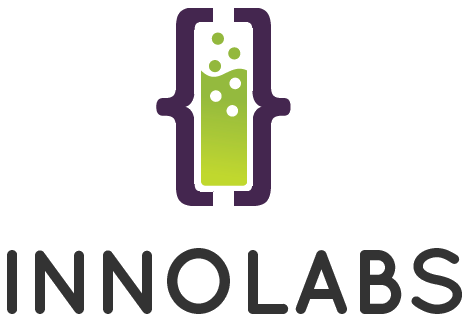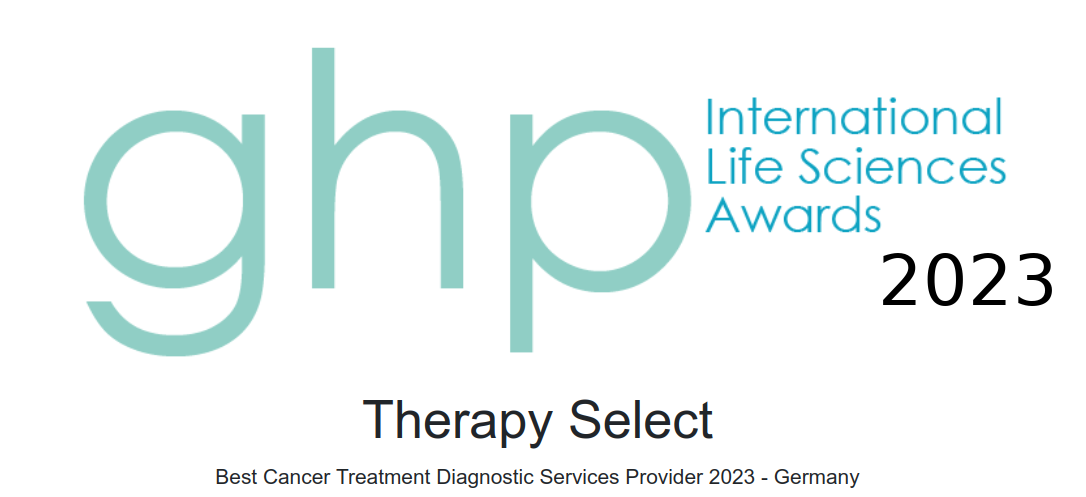Find Effective Drugs before Starting the Therapy!
No two cancer therapies are the same!
There is a wide range of different drugs which can be applied in treatment of prostate cancer. This treatment includes classical chemotherapeutic substances, yet also anti-hormonal drugs and new targeted drugs are used. Which medication should be prescribed depends on different factors, e.g. the cancer stage and the general condition of the patient. In order to choose the right therapy there are medical guidelines for physicians. However, in some situations the guidelines do not give clear recommendations and propose equivalent treatment options.
Diagnostic assays can help to identify effective and ineffective drugs before the start of a therapy. The available spectrum of therapeutics can thereby be limited on the most promising substances. Our diagnostics contribute avoidance of unnecessary side effects as a consequence of an ineffective therapy and save valuable treatment time. Therefore we offer the following diagnostic tests
- CTR-Test® - An efficacy test working on living tumor cells
- PCDx™ - A tumor-biomarker-analysis working on non-living, conserved tumor cells
- Guardant360® - A tumor-biomarker-analysis working with blood
Guidelines for the Treatment of Prostate Cancer
Hereafter you can find an overview about guideline-recommendations, which are elaborated by medical specialist associations:
Endocrine therapy (anti-hormone therapy) is the option of first choice for metastatic and some cases of locally restricted prostate cancer. The classes of drugs given in the table below aim at restricting tumor growth through hormone depletion (of testosterone and its derivatives). Chemotherapy, however, is only recommended for metastatic prostate cancer.
| endocrine therapy | abiraterone acetate | |
| anti-androgens (e.g. bicalutamide, enzalutamide) | ||
| GnRH-agonists | ||
| GnRH-antagonists | ||
|
chemotherapy (only for metastases) |
first-line therapy | docetaxel |
| second-line therapy | abiraterone acetate | |
| cabazitaxel | ||
| docetaxel | ||
| mitoxantrone | ||
| radium-223* |
*Radium-223 (223Ra) can be applied in the case of bone metastases. The effect of the radioactive isotope is due to the released α -radiation. Therefore in the proper meaning of the word one should speak of a radiotherapy. However, because of its application as injection it frequently belongs to chemotherapeutics.
This table is based on the "Interdisziplinäre Leitlinie der Qualität S3 zur Früherkennung, Diagnose und Therapie der verschiedenen Stadien des Prostatakarzinoms", issued by the Association of the Scientific Medical Societies in Germany (Arbeitsgemeinschaft der Wissenschaftlichen Medizinischen Fachgesellschaften e.V., AWMF) [1], and the "Leitlinie Prostatakarzinom" from the German Society for Haematology and Medical Oncology (Deutsche Gesellschaft für Hämatologie und Medizinische Onkologie e.V., DGHO), published on onkopedia.de [3].
Efficacy Tests of Drugs for Prostate Cancer
Which drugs can be tested in their efficacy by our diagnostic tests? The following tables give you information on the substances recommended by the guidelines, but also about further drugs which can be found as additional treatment options in literature. These substances are classified in the following categories:
- Chemotherapeutics / Cytostatic Agents
- Targeted Drugs
- Anti-Hormonal Drugs (subgroup of targeted drugs)
In addition the frequently used combination therapies are listed below.
The testabilities for the CTR-Test® and the PCDx™ are also given.
Chemotherapeutics
| Substance name | Efficacy testable by living tumor & blood (living cells) | Efficacy testable by archived tumor (FFPE) | Efficacy testable by blood (plasma) | Reference |
|---|---|---|---|---|
| cabazitaxel | no validation yet | no biomarkers yet | not yet | [1], [2], [3] |
| docetaxel | yes | yes | not yet | [1], [2], [3] |
| estramustine | no validation yet | no biomarkers yet | not yet | [1], [3] |
| mitoxantrone | yes | no biomarkers yet | not yet | [1], [2], [3] |
Targeted Drugs
| Substance name | Efficacy testable by living tumor & blood (living cells) | Efficacy testable by archived tumor (FFPE) | Efficacy testable by blood (plasma) | Reference |
|---|---|---|---|---|
| denosumab | no validation yet | no biomarkers yet | not yet | [1], [3] |
Anti-Hormonal Drugs
| Substance name | Efficacy testable by living tumor & blood (living cells) | Efficacy testable by archived tumor (FFPE) | Efficacy testable by blood (plasma) | Reference |
|---|---|---|---|---|
| abiraterone acetate | not possible | yes | yes | [1], [2], [3] |
| bicalutamide | no validation yet | yes | yes | [1], [3] |
| enzalutamide | no validation yet | yes | yes | [1], [2] |
Frequently Used Combination Therapies
The above mentioned chemotherapeutics are normally applied in combination with the anti-inflammatory drugs prednisone or prednisolone. [2]
The drugs listed here were identified as potential therapy options after an accurate literature research. Completeness cannot be guaranteed. Status: September 2016.
Sources
[3] Leitlinie Prostatakarzinom der DGHO (Onkopedia) – Stand März 2012



